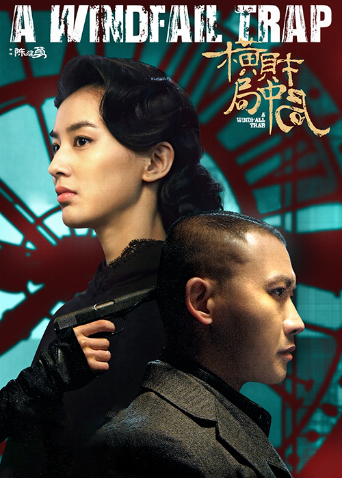剧情简介
在某个海滨小镇的角落里,深夜事件有一爿富贵庄园。在庄园内,深夜事件隐居着一个鲜为人知的女富豪。她名叫多莉安·格雷(莉娜·罗梅 Lina Romay 饰),虽然只是如花的年龄,却坐拥千万家产。关于她的私人生活外界鲜为人知,而人们又分外感兴趣,尤其是多莉安还有一个双胞胎的姐妹,关于她的下落人们百般猜测。多莉安的生活骄奢淫逸,并且她似乎能与那个患有精神病的妹妹共同感受来自于身体上的愉悦,这也为姐妹俩的生活蒙上一层神秘而传奇的面纱。 某天,一名妇女杂志的记者(莫尼卡·斯文 Monica Swinn 饰)拜访庄园,她希望将格雷姐妹的故事写成报道。多莉安也在记者的诱导下,道出了她和妹妹的故事……
